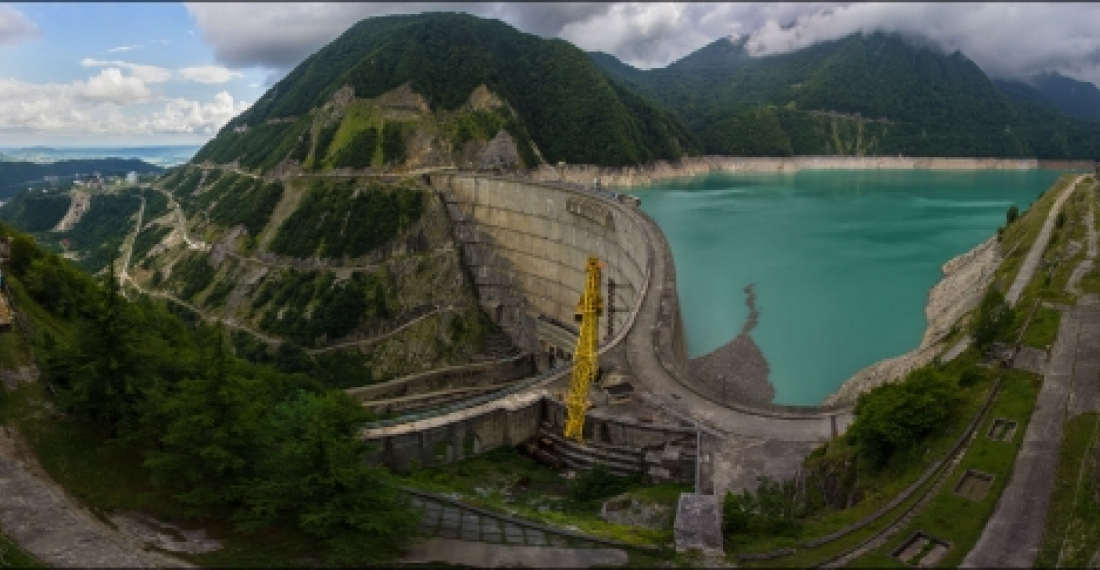Georgia has temporarily increased the amount of electricity it imports from Russia to solve the current power deficiency in its breakaway Abkhazia region.
At a press briefing this afternoon Georgia’s Energy Minister Kakha Kaladze said importing power from Russia was the quickest short-term solution to resolving Abkhazia’s power woes and avoid possible "hard consequences” after electricity problems emerged several weeks ago.
He added it was the "political responsibility” of the Georgian Government to take care of all of its citizens, whether they were in occupied Abkhazia or in the rest of Georgia.
"Abkhazia’s territory is not under the central Government’s jurisdiction but Georgia, international law and global community consider the occupied regions of our country as integral parts of Georgia. Therefore it is the Government’s political responsibility to take equal care of each of its citizen,” Kaladze said.
"This is our good will and firm position,” he added.
The Minister noted importing increased amounts of power from Russia "somewhat regulated the situation” but this still was only short-term solution to the problem.
"Thus, the situation was partly regulated, though it should be noted that it is too much difficult to fully resolve this problem and needs substantial work in the long run ” Kaladze added.
source: commonspace.eu with agencies






